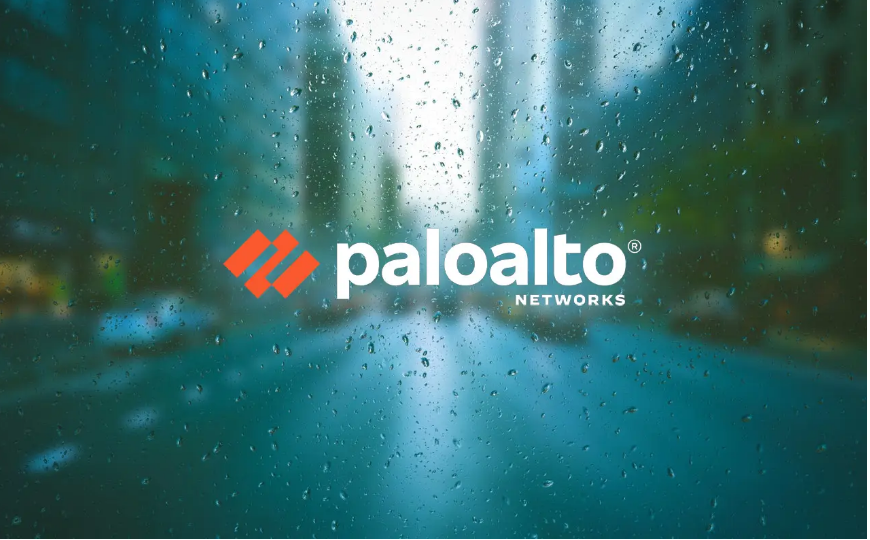secure your website, protect your online presence
When selecting a hosting service for your website or application, security should be a primary consideration. The safety of your data, the integrity of your application, and the trust of your users depend heavily on the security measures implemented by your hosting provider. Here’s why security should be at the forefront of your decision-making process and what to look for in a secure hosting service.
Protecting Your Data
One of the most critical aspects of web hosting is the protection of your data. A secure hosting provider implements various measures to safeguard your information from unauthorized access, breaches, and theft. These measures include:
- Data Encryption: Ensures that data transmitted between the user and the server is encrypted and protected from interception.
- Regular Backups: Provides a reliable backup solution to recover data in case of accidental loss or a cyber attack.
- Secure Storage: Uses advanced security protocols to protect stored data from unauthorized access.
Ensuring Application Integrity
The integrity of your application is crucial for maintaining its functionality and reliability. Security issues can lead to application downtime, loss of data, and damage to your reputation. Key security features to consider include:
- Firewall Protection: Guards against unauthorized access and cyber threats by filtering incoming and outgoing traffic.
- Intrusion Detection and Prevention Systems (IDPS): Monitors for and responds to suspicious activities that could indicate a security breach.
- Patch Management: Ensures that software and systems are up-to-date with the latest security patches and updates to prevent vulnerabilities.
Building Trust with Your Users
User trust is essential for any online business. Security breaches can erode trust and lead to loss of customers. A secure hosting service helps build and maintain user confidence by:
- SSL Certificates: Secures connections between your users and your website, indicated by the padlock symbol in the browser’s address bar.
- Privacy Policies: Adheres to strict privacy regulations and practices to protect user information.
- Transparent Security Practices: Provides clear information about their security measures and protocols to reassure users.
Compliance with Regulations
Compliance with industry regulations and standards is not only a legal requirement but also a critical aspect of maintaining security. A reliable hosting provider should offer:
- Regulatory Compliance: Adherence to industry-specific regulations such as GDPR, HIPAA, or PCI-DSS, depending on the nature of your business.
- Audit Trails: Maintains detailed logs and records of all activities to facilitate compliance audits and investigations.
- Data Sovereignty: Ensures that data is stored and managed according to the legal requirements of the jurisdiction in which it resides.
Mitigating Risks
Choosing a hosting service with robust security features helps mitigate various risks associated with web hosting, including:
- DDoS Attacks: Distributed Denial of Service attacks can overwhelm your server, making your site unavailable. Look for providers with DDoS protection.
- Malware and Viruses: Protects against malicious software that can damage or disrupt your site. Consider providers that offer malware scanning and removal.
- Unauthorized Access: Prevents unauthorized individuals from gaining access to your server or data. Ensure your provider offers strong access control mechanisms.
Conclusion
In conclusion, security should be a top priority when choosing a hosting service. Protecting your data, ensuring application integrity, building user trust, complying with regulations, and mitigating risks are all crucial factors that contribute to the overall security of your online presence. By selecting a hosting provider with comprehensive security measures, you safeguard not only your own interests but also those of your users and clients. Prioritizing security ensures a robust, reliable, and trustworthy online environment.







